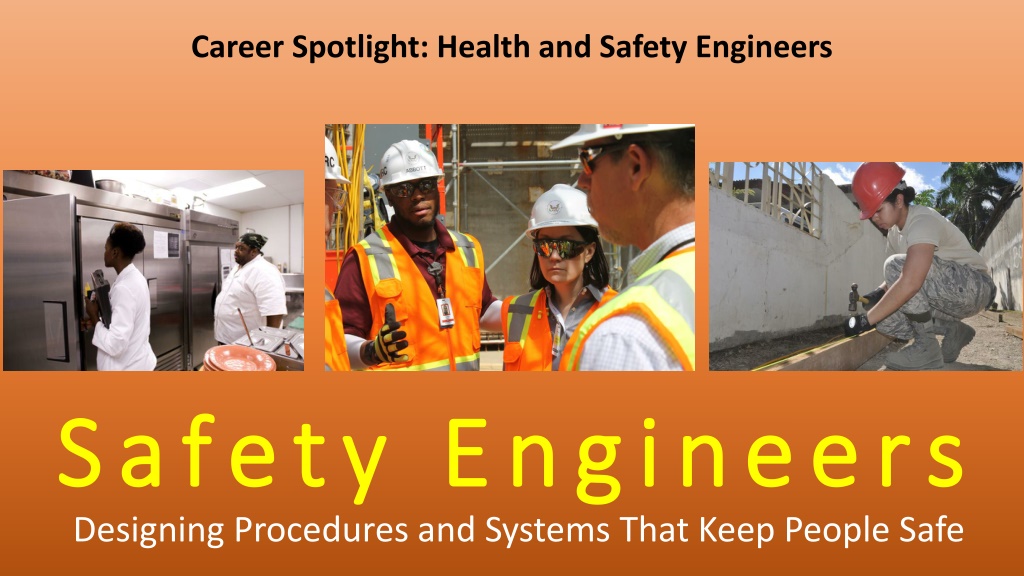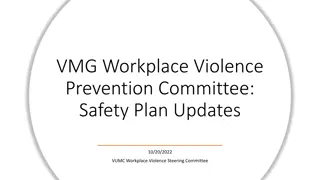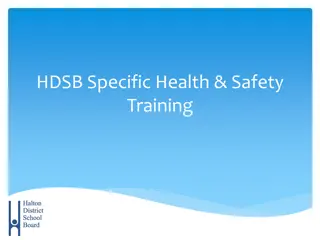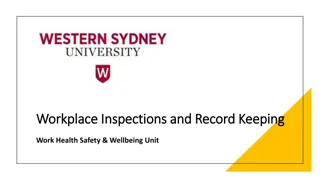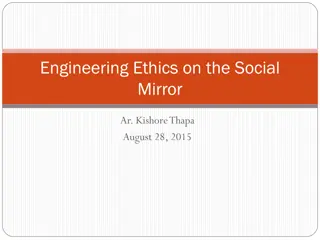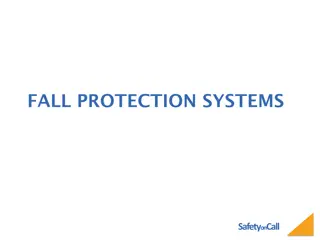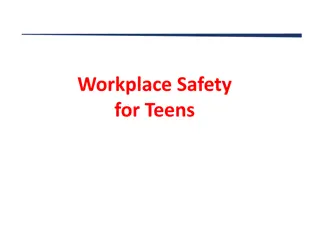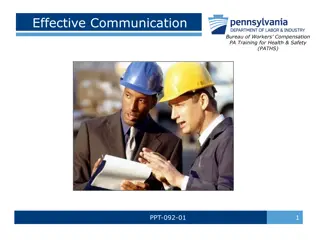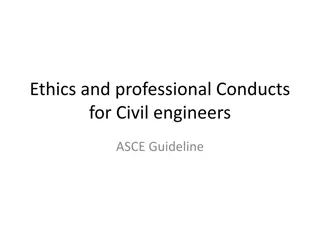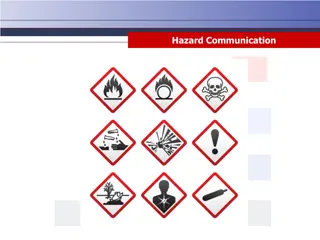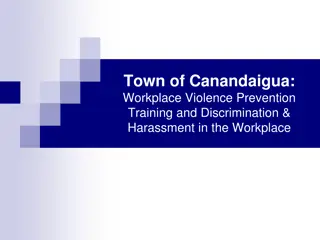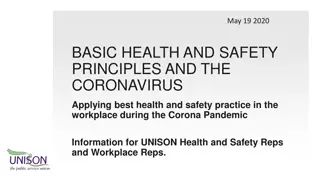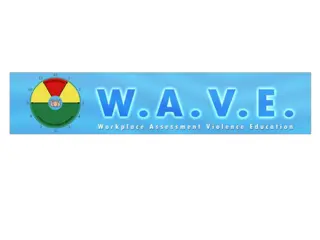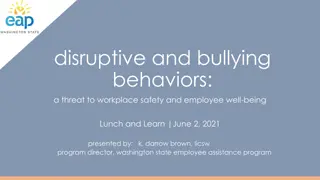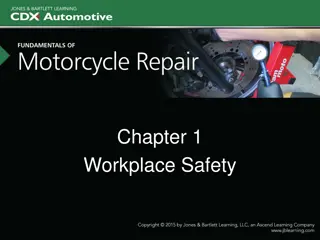Exploring the Role of Safety Engineers in Ensuring Workplace Safety
Health and Safety Engineers play a crucial role in designing procedures and systems to keep people safe in various work environments. This Career Spotlight highlights the responsibilities of Safety Engineers, such as creating safety protocols and rules for workers to follow. Students are encouraged to step into the shoes of a Safety Engineer by analyzing potential hazards in a classroom lab and creating safety rules. The challenge also involves designing a workplace safety poster to demonstrate hazard prevention methods in a concise and informative manner.
Download Presentation

Please find below an Image/Link to download the presentation.
The content on the website is provided AS IS for your information and personal use only. It may not be sold, licensed, or shared on other websites without obtaining consent from the author. Download presentation by click this link. If you encounter any issues during the download, it is possible that the publisher has removed the file from their server.
E N D
Presentation Transcript
Career Spotlight: Health and Safety Engineers Safety Safety Engineers Engineers Designing Procedures and Systems That Keep People Safe
Safety engineers make lists of rules and/or procedures for workers to follow to keep them safe. For example: 1. Wear safety glasses to cover your eyes 2. Wear thick clothes to keep sparks from burning your clothes 3. Before welding, throw a spark into the pipe to make sure no live gas is in the pipe
Safety engineers make lists of rules and/or procedures for workers to follow to keep them safe. For example: 1. Wear gloves when handling dirty laundry at a hospital 2. Wear an apron so your clothes do not touch the dirty laundry 3. Remove the apron when leaving the workplace to avoid spreading bacteria and viruses that spread by touching dirty clothes
Your Turn to Be a Safety Engineer Your Turn to Be a Safety Engineer As you can see from these examples, safety engineers often take a close look at workplaces and identify ways to make them safer. Your engineering challenge: Imagine that you are a safety engineer Analyze the photos of a classroom lab in your packet Circle anything that you think might be unsafe, dangerous or potentially lead to injuries
Your Turn to Be a Safety Engineer Your Turn to Be a Safety Engineer After you have analyzed the photos, write two rules for the students in your class to follow. These two rules should keep the students safe in the lab. Image source: Compliance and Safety
Example Workplace Safety Poster
Create a workplace safety poster Your safety engineering challenge: Create a workplace safety poster that demonstrates how workers might prevent a hazard or injury Include images and graphics Include rules, steps, procedures Make your poster easy to read Communicate important information in a concise way Your safety poster will be evaluated using this rubric Images Concise Writing The poster includes one or more images that relate to the assigned hazard. These images clearly illustrate the consequences of the hazard or how to prevent the hazard. The poster includes at least two rules, steps or procedures that workers or their employers can follow in order to minimize the likelihood that they will be involved in the hazard. The poster is written in concise language so that workers can quickly read and understand it. Full Credit The poster includes one rule, step or procedure that workers or their employers can follow in order to minimize the likelihood that they will be involved in the hazard. The poster may include difficult vocabulary, unclear or unnecessary language, or confusing sentences that make the poster difficult to understand when workers first look at it. The poster includes one image, but it may be hard to determine how this image relates to the assigned hazard. Partial Credit No Credit The poster include no rules, steps or procedures for minimizing the assigned hazard. The poster includes no images.
